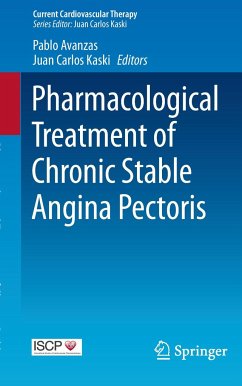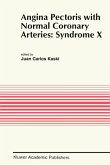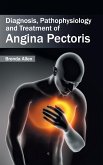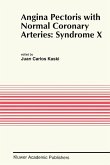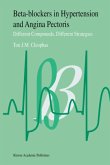This book is intended for general cardiologists and other physicians involved in the care of patients with chronic stable angina (CSA). The goal of this book is to update clinicians on recent data on the medical management of patients with CSA. Ischemic heart disease remains a major public health problem. Chronic stable angina is the initial manifestation of ischemic heart disease in approximately one half of patients. Stable coronary artery disease is generally characterized by episodes of reversible myocardial demand/supply mismatch, related to ischaemia or hypoxia, which are usually inducible by exercise, emotion or other stress and reproducible-but, which may also be occurring spontaneously. Such episodes of ischaemia/hypoxia are commonly associated with transient chest discomfort (angina pectoris). The aim of the management of CSA is to reduce symptoms and improve prognosis. The management of these patients encompasses lifestyle modification, control of coronary artery disease risk factors, evidence-based pharmacological therapy and patient education. All patients with stable angina should be offered optimal medical treatment, defined as one or two anti-anginal drugs as necessary, plus drugs for secondary prevention of cardiovascular disease. Regarding the role of revascularization, randomised trials provide compelling evidence that myocardial revascularisation by coronary artery bypass grafting or by percutaneous coronary intervention improves symptoms of angina relative to continued medical treatment.
"This comprehensive book discusses the various medical therapies available to manage angina pectoris. ... The book is aimed at a wide range of clinicians including medical students, interns, residents, general cardiologists, and interventional cardiologists. ... This book would be a valuable addition to the library of any cardiologist or aspiring cardiologist interested in the medical management of angina." (Arthur Menezes, Doody's Book Reviews, August, 2015)

